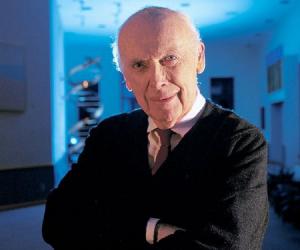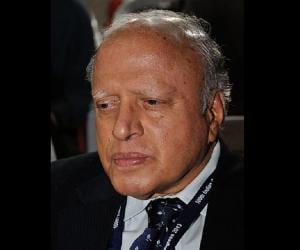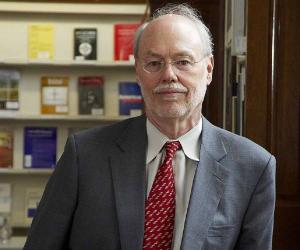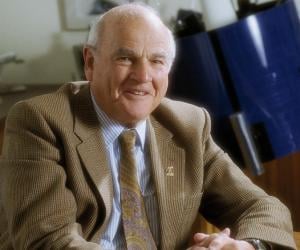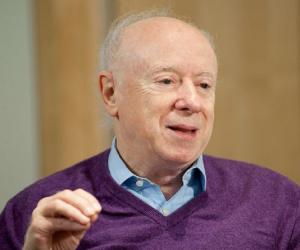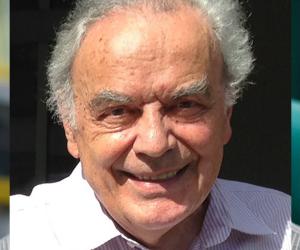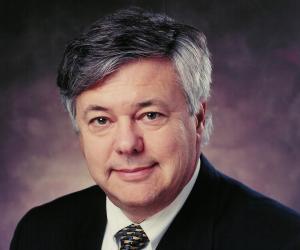James Watson is a geneticist, molecular biologist, and zoologist. He is credited with co-authoring the academic paper that propounded the double helix structure of nucleic acids such as DNA for which he was awarded the Nobel Prize in 1962. In 1977, he was honored with the Presidential Medal of Freedom. In 1997, he was awarded the National Medal of Science.
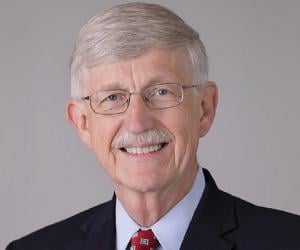
American physician-geneticist Francis Collins is known for his discovery of the genes related with several diseases and for leading the Human Genome Project while serving as director of NHGRI. Recipient of Presidential Medal of Freedom and the National Medal of Science, Collins wrote the New York Times bestseller The Language of God and presently serves as director of the NIH.
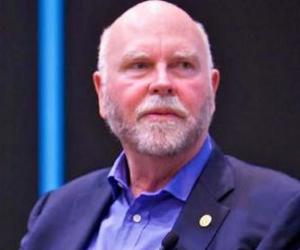
Craig Venter biotechnologist and businessman best known for leading the first draft sequence of the human genome. He is the founder of Celera Genomics and the Institute for Genomic Research (TIGR) and the co-founder of Human Longevity Inc. He received the Dan David Prize for his contribution to genome research and is a member of the American Philosophical Society.
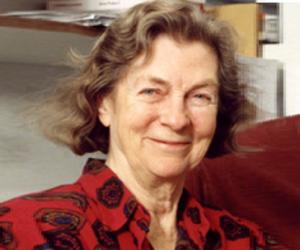
Geneticist Anne McLaren is remembered for her pioneering research in embryology that paved the way for further research in fertility treatments such as in-vitro fertilization. The Royal Society fellow had also appeared as a child actor in the film adaptation of the H.G. Wells novel Things to Come.
Ramon Magsaysay Award-winning geneticist M. S. Swaminathan is best known for his contribution to the Indian Green Revolution. Featured on Time, he introduced high-yielding varieties of wheat and rice seedlings to Indian farmers. He is also known for his administrative work as part of the Indian civil services.
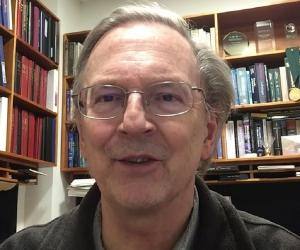
Nobel Prize-winning Canadian-American biochemist and geneticist Jack W. Szostak revolutionized medical science with his research on the manipulation of genes. The Cornell alumnus is credited with creating the first yeast artificial chromosome. He has also taught at the Harvard Medical School. In spite of being Polish, he doesn’t speak the language.
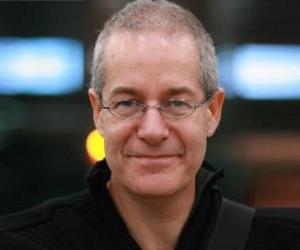
Massimo Pigliucci is an academician currently serving as a professor of philosophy at the City College of New York. A staunch critic of pseudoscience and creationism, he advocates for secularism and science education. He was once the co-host of the Rationally Speaking Podcast. He often writes on topics, such as climate change denial, pseudoscience, intelligent design, and philosophy.
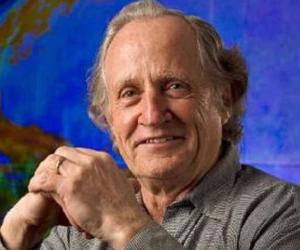
Mario Capecchi is a molecular geneticist who received the 2007 Nobel Prize in Physiology or Medicine along with Oliver Smithies and Martin Evans. They received the prize for discovering a method to create a knockout mouse, a genetically modified mouse in which a certain gene is turned off for experimental purposes. In 2001, Capecchi received the National Medal of Science.
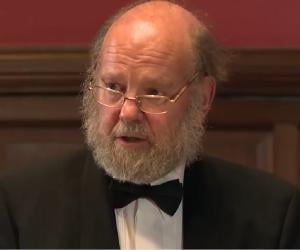
British biologist Ian Wilmut revolutionized embryology by leading the team of researchers who successfully created the first cloned mammal, the sheep named Dolly. A leading proponent of cryopreservation, he also implanted the first calf embryo, Frostie, in a surrogate cow. He was later knighted for his achievements.
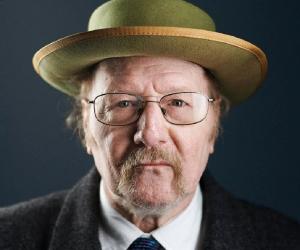
Jeffrey C. Hall is an American chronobiologist and geneticist, currently serving as Brandeis University's Professor Emeritus of Biology. He is credited with conducting extensive research on the behavior and neurology of Drosophila melanogaster (fruit fly), which revealed certain mechanisms of the circadian clocks. He received the 2017 Nobel Prize in Physiology or Medicine along with Michael Rosbash and Michael Young.
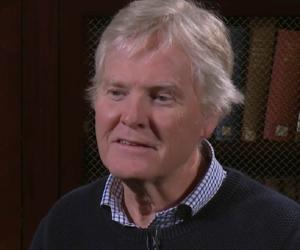
Michael W. Young is a biologist and geneticist. He has spent several years studying genetically controlled patterns of sleep and wakefulness within the fly species Drosophila melanogaster. Along with Jeffrey C. Hall and Michael Rosbash, he was awarded the 2017 Nobel Prize in Physiology or Medicine. His wife, Laurel Eckhardt, is also a biologist and the couple often collaborates professionally.
Philip Allen Sharp is an American molecular biologist and geneticist best known for co-discovering RNA splicing. In 1993, he received the prestigious Nobel Prize in Physiology or Medicine along with Sir Richard John Roberts. Philip Allen Sharp has also won several other awards, such as the National Medal of Science, the Benjamin Franklin Medal, and the Louisa Gross Horwitz Prize.
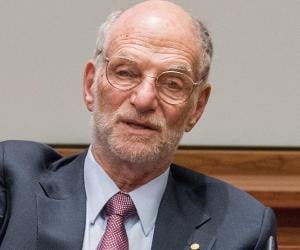
Michael Rosbash is an American chronobiologist and geneticist, currently serving as a researcher and professor at Brandeis University. In 2017, he received the Nobel Prize in Physiology or Medicine along with Jeffrey C. Hall and Michael W. Young for their discoveries of the controlling mechanisms of the circadian cycle. Rosbash has also received many other awards like the Massry Prize.

Nobel Prize-winning physician Baruch Samuel Blumberg is best remembered for his research on the antigen-antibody reaction. His study of an antibody response against hepatitis B helped later scientists develop a vaccine for the disease. He died soon after delivering a speech at the NASA Ames Research Center.
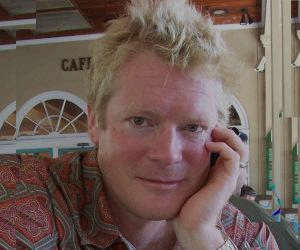
Renowned population geneticist Spencer Wells is best known for his study of human diversity. His analysis has led him to believe that all humans have descended from a single man from Africa, the Y-chromosomal Adam, who lived around 60,000-90,000 years back. He has also headed National Geographic’s Genographic Project.
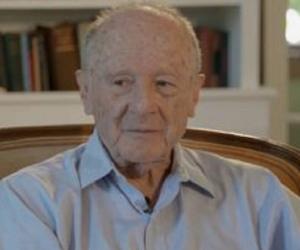
Molecular biologist and geneticist Matthew Meselson is best known for his research on the Watson-Crick theory and the replication of DNA. The Harvard professor has received accolades such as the Guggenheim Fellowship and honorary degrees from eight universities, including Princeton and Yale. He has also been a CIA consultant.
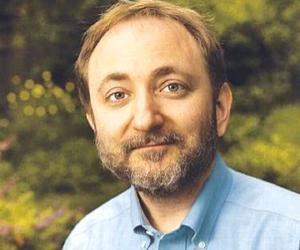
Geneticist Andrew Fire is best known for his Nobel Prize-winning work on the double-stranded RNA. The MIT alumnus did most of his research under the guidance of Nobel laureate Philip A. Sharp. His discovery of the RNAi later aided scientists work on the cure for ailments such as AIDS and cancer.
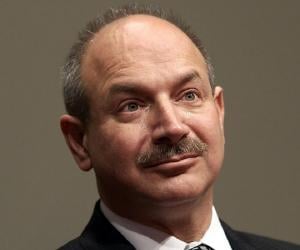
Immunologist Bruce Beutler is best known for his Nobel Prize-winning research on the innate immune system of the human body. The son of a scientist and physician, he was a child prodigy and graduated at age 18. He grew up to be associated with institutes such as the Scripps Research Institute.
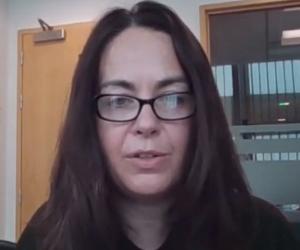
Irish scientist Teresa Lambe, who works as an associate professor with Oxford’s Jenner Institute, made headlines when she co-developed the Oxford–AstraZeneca vaccine for COVID-19. She has also worked on vaccines for viruses such as Nipah and Ebola. She was later awarded an OBE for her achievements.
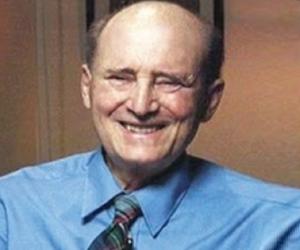
Born to Polish Jew parents in the Bronx, Seymour Benzer would often cut open frogs in childhood. The molecular biologist is best known for his research on viral genes and for coining the term cistron. A Caltech professor, he was also made a Fellow of the Royal Society.
American molecular geneticist Joseph L. Goldstein was born to clothing store owner parents in South Carolina. He ended up winning a Nobel Prize for his research on cholesterol metabolism, which later helped researchers develop statin drugs. He currently chairs the molecular genetics department of the University of Texas.
Werner Arber is a Swiss geneticist and microbiologist whose discovery of restriction endonucleases earned him the prestigious Nobel Prize in Physiology or Medicine in 1978; he shared the award with Daniel Nathans and Hamilton Smith. Arber's work alongside Nathans and Smith led to the progression of recombinant DNA technology. Werner Arber is also credited with co-founding the World Cultural Council.
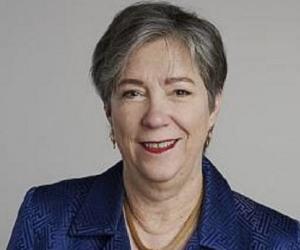
Cell biologist and MIT professor Susan Lindquist is best remembered for her research on protein folding and its impact on diseases. The Harvard alumna had also taught at the University of Chicago for 23 years. She was also the first female director of the Whitehead Institute for Biomedical Research.

Mathilde Krim was an Israeli medical researcher best known for her association with amfAR, an international nonprofit organization that aims at supporting AIDS research; she was the founding chairman of the organization. For her immense contribution to the field of AIDS research, Mathilde Krim was honored with the prestigious Presidential Medal of Freedom in 2000.
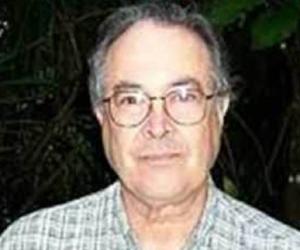
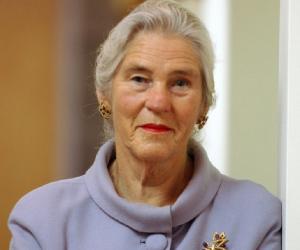
Janet Rowley was an American geneticist. In 1972, Rowley became the first scientist to discover a chromosomal translocation, which she identified as the cause of various forms of cancers, proving that cancer is a genetic disease. Rowley won prestigious awards including the Presidential Medal of Freedom. In 2017, she was inducted into the National Women's Hall of Fame.
Michael S. Brown is an American geneticist who received the 1985 Nobel Prize in Physiology or Medicine. His research on cholesterol metabolism along with Joseph L. Goldstein paved the way for the development of statin drugs, which are used today by 16 million Americans. For his contributions to medicine, Brown was honored with the National Medal of Science in 1988.
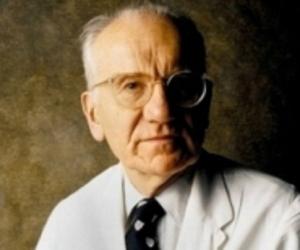
Victor A. McKusick was an American medical geneticist and internist. Widely regarded as the father of medical genetics, McKusick was an ardent supporter of the mapping of the human genome. A celebrated geneticist, Victor A. McKusick won many prestigious awards including the Benjamin Franklin Medal for his contribution to science.
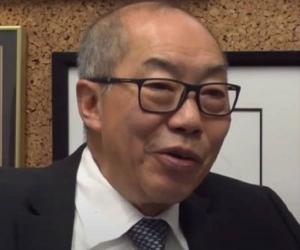
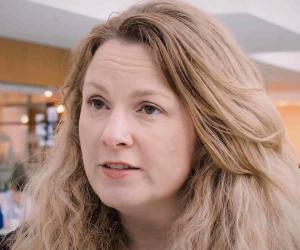
Irish zoologist and University College Dublin (UCD) professor Emma Teeling is best known for her research on phylogenetics. She also heads the Centre for Irish Bat Research as its director and has established a phylogenetics laboratory at UCD. A TED Talk speaker, she was one of 2014’s top 100 female Irish scientists.
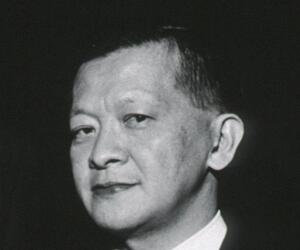
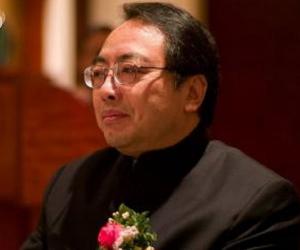
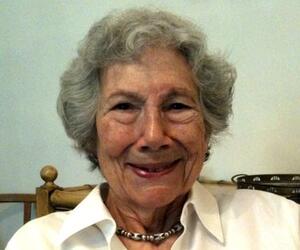

Geneticist Franklin W. Stahl is best known for being part of the Meselson-Stahl experiment with Matthew Meselson and thus demonstrating the mode of DNA replication. The Harvard alumnus later taught at the University of Oregon and was also associated with the American Cancer Society and the National Academy of Sciences.
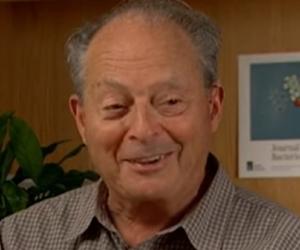
Although he is best known for demonstrating the colinearity of gene and protein structures, American geneticist Charles Yanofsky also had many other contributions to make. Spending the major part of his career at Stanford University, he helped to establish the one gene-one enzyme hypothesis, also making immense contribution to the mechanism of suppression and attenuation of expression of bacterial operons.
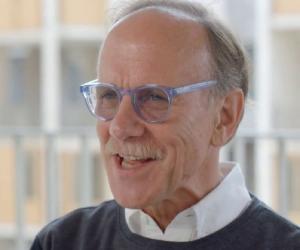
Fred Gage made waves in the scientific community with his research on neurons. He not only discovered stem cells in the human brain but also proved that environmental stimuli affects the growth of new cells. Some believe he is a descendant of legendary brain-injury survivor Phineas Gage.
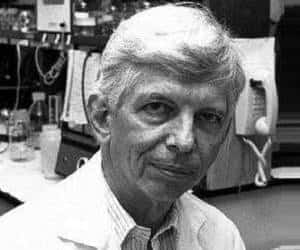
Widely known for his groundbreaking two-hit hypothesis of cancer development and his prediction of recessive-acting tumor suppressor genes, Alfred G. Knudson was an American physician, who specialized in cancer genetics, beginning his research on observing retinoblastoma in children he treated. A much-loved academic, he was also a supportive and approachable mentor, affiliated with Fox Chase Cancer Center until his death.
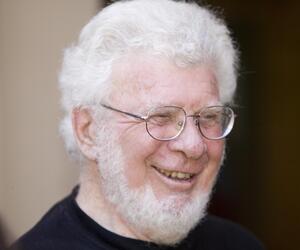
Leonard Herzenberg was an American geneticist, immunologist, and professor at Stanford University. He is best remembered for his work in the field of cell biology. Over the course of his illustrious career, Leonard Herzenberg received several prestigious honours and awards, including the Kyoto Prize and the American Association of Immunologists Lifetime Achievement Award.
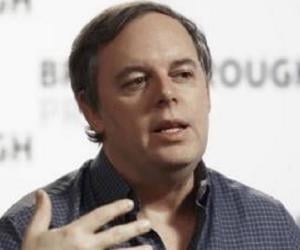
Stephen Elledge made pathbreaking discoveries related to DNA repair, which eventually helped scientists develop significant avenues in cancer therapy. While he initially studied chemistry, he deviated to biology later. The MIT alumnus later did his postdoctoral studies at Stanford. He has also earned awards such as the Gruber Prize in Genetics.
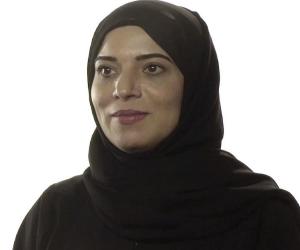
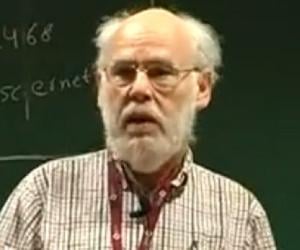

Before she became a renowned biologist and geneticist, Mary Styles Harris had already made history as the first African American student of Miami Jackson High School. Her research focuses on the detection and cure of ailments such as sickle-cell anemia. Her health-oriented radio and TV shows include Journey to Wellness.

Currently the Chief Scientist of the Food and Agriculture Organization of the United Nations, Ismahane Elouafi is considered one of the twenty most influential women scientists in the Islamic world. Having twenty years of experience in agricultural research and holding top posts in different distinguished organizations, she is known to promote underutilized crops and use of non-fresh water in agriculture.

Irene Uchida was a Canadian scientist best remembered for her research on Down syndrome. She is also remembered for her association with the Children's Hospital in Winnipeg, where she served as the director of Medical Genetics Department. Irene Uchida also worked as a professor at prestigious institutions like the University of Manitoba and McMaster University.
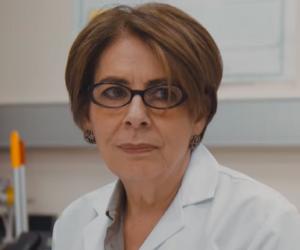

Leonard Lerman revolutionized the study of DNA with his research on the chemicals that bind to DNA, which helped further research on antibiotics and antimalarial drugs. The son of a Ukrainian migrant, he later studied at Caltech. He was also associated with the Genetics Institute, one of the pioneering biotech companies.
